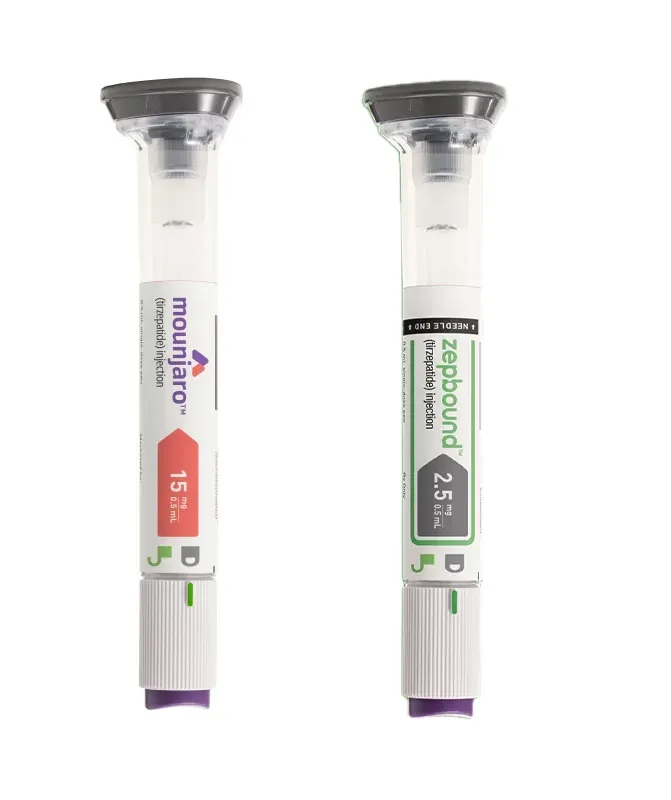GLP1s and Sleep Apnea
GLP1s (in particular Tirzepatide, created by Eli Lilly) have positive effects on Sleep Apnea

GLP1 Receptor Agonists help the majority of people that take them lose weight. At this point, this much is well known, researched and studied.
Check out our quick explainer
What is less studied even today, are the various effects that GLP-1 has on the body, and the intricate web of interactions that the hormones in your body undertake.
Somewhat unsurprisingly, GLP1 Receptor agonists like Ozempic, Wegovy, Mounjaro, Zepbound and others have been found to reduce Sleep Apnea

GLP1 reduces Sleep Apnea by 55% in study by Eli Lilly
One of the first companies to press with this news was Eli Lilly:
Eli Lilly produces a formulation of GLP-1 receptor agonist called Tirzepatide, which is present in Mounjaro and Zepbound.

How dangerous is Sleep Apnea?
Sleep Apnea is a surprisingly common yet under-appreciated impediment to life quality that can be associated (and possibly lead to) death.
Sleep Apnea is so important, Shaquile O'Neal (a famous American Basketball player) has taken part in teamed up with Harvard in the past to reduce the occurrence:
According to the National Council on Aging, approximately 39 million people in the USA have Sleep Apnea, with an estimated 900 million people worldwide having mild to severe sleep apnea.

While Sleep Apnea does not directly cause death in most cases, it can be a contributing factor, in particular to heart disease.
Tirzepatide helps, but what about Semaglutide?
While the way the drugs work are similar, there are differences, which we've covered in the past:

We expect (and hope) that the benefits seen here by Tirzepatide to be replicated by other GLP-1 Receptor Agonists, as the mechanism by which they work is similar (hence the classification).
Of course, until we can get more clinical and/or trial results, this is only a hunch.







